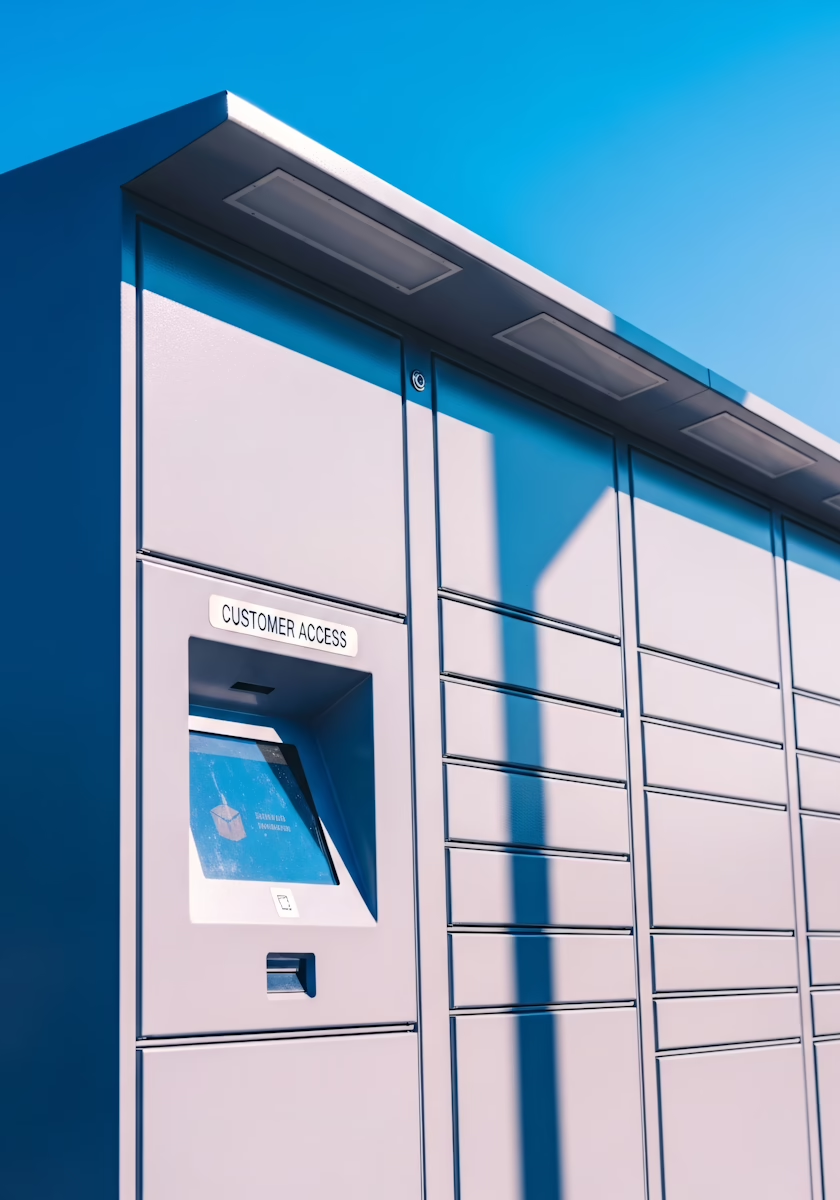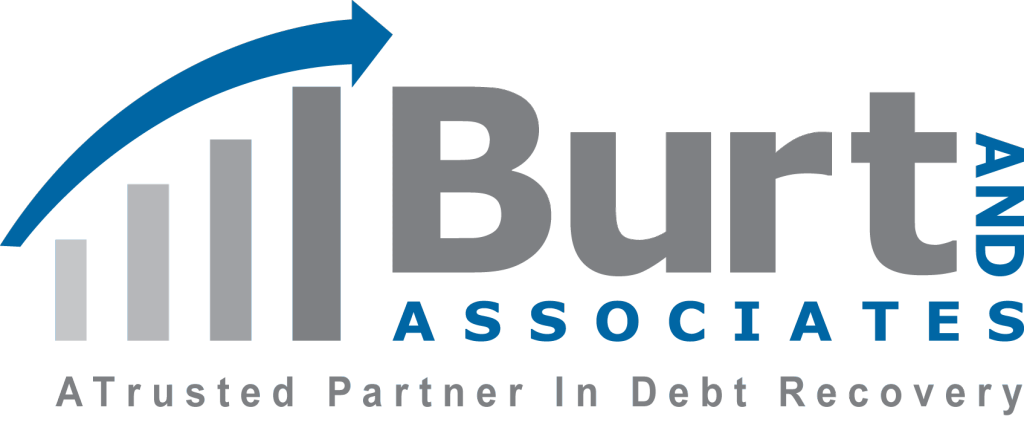Americans are carrying more credit card debt than ever before, with balances surpassing $1.3 trillion in 2025 according to data from the Federal Reserve. As household budgets tighten, delinquency rates are climbing, signaling financial strain that could ripple across industries. For businesses, this trend means more than consumer hardship; it signals a potential rise in late payments, charge-offs, and the need for stronger debt recovery practices.
Table of Contents
- Overview: Credit Card Debt at Historic Levels
- Key Drivers Behind the Surge
- Impact on Businesses and Credit Markets
- How the Debt Collection Industry Is Responding
- Why Commercial Credit Management Matters
- Strategies for Businesses to Stay Ahead
- Conclusion
Overview: Credit Card Debt at Historic Levels
Credit card balances in the U.S. have reached their highest levels on record. Consumers are relying more heavily on revolving credit to cover everyday expenses such as groceries, fuel, and healthcare. The average balance per cardholder has increased by more than 8% year-over-year, with interest rates hovering around 21%, the highest since the early 1990s.
As consumers stretch their credit limits, late payments are also rising. Analysts estimate that over 6% of credit card accounts are now 30 days or more past due. For creditors, lenders, and businesses extending credit, these signals point to growing systemic stress that can cascade into the broader economy.
Key Drivers Behind the Surge
Several factors are driving this increase in consumer debt:
- Persistent Inflation: Despite easing slightly from 2023 highs, prices for essentials remain elevated, pushing households to rely on credit for necessities.
- Higher Interest Rates: The Federal Reserve’s tightening policy has made revolving debt more expensive, compounding monthly payment burdens.
- Slower Wage Growth: Income gains have not kept pace with costs, reducing consumers’ ability to pay down balances.
- Increased Spending on Services: Consumers are prioritizing travel, entertainment, and dining experiences post-pandemic, often financed through credit.
These factors create a precarious balance between maintaining economic momentum and fueling unsustainable borrowing. For businesses, this environment requires close monitoring of both customer credit behavior and corporate receivables.
Impact on Businesses and Credit Markets
Rising household debt doesn’t remain confined to consumer finances, it affects the entire credit ecosystem. As consumers prioritize personal debt repayment, they may delay or default on other obligations, including small business invoices, service contracts, or recurring payments.
Companies in sectors such as retail supply, transportation, and manufacturing often experience the first wave of strain. Late B2B payments and delinquent accounts tend to spike when consumer credit stress peaks. This dynamic can tighten liquidity, disrupt supply chains, and hinder investment.
In response, many organizations are reevaluating their internal credit controls and turning to professional commercial debt collection agencies to preserve cash flow. Proactive recovery efforts are becoming not just a back-office function but a strategic necessity.
How the Debt Collection Industry Is Responding
The debt collection landscape is evolving alongside consumer and commercial credit trends. With more accounts entering delinquency, both creditors and agencies are adopting data-driven recovery strategies focused on compliance, empathy, and efficiency.
Agencies like Burt and Associates are helping clients maintain stability by:
- Segmenting Delinquent Accounts: Using analytics to prioritize recoveries with the highest success potential.
- Maintaining Brand Integrity: Preserving client relationships through professional, compliant communication.
- Accelerating Resolution: Structuring payment plans that work for both creditor and debtor while meeting regulatory standards.
The goal isn’t merely recovering funds, it’s sustaining long-term business health through consistent, ethical collection practices.
Why Commercial Credit Management Matters
Businesses often underestimate how rising consumer debt can influence commercial credit performance. When end-consumers struggle, retailers delay supplier payments, distributors cut orders, and service providers see slower renewals. This chain reaction increases the risk of aging receivables and uncollectible accounts.
For B2B firms, strong accounts receivable management practices are essential:
- Monitor payment behavior and credit scores of clients regularly.
- Set clear credit terms with documented approval processes.
- Act quickly on overdue balances — the first 60 days are critical for successful recovery.
- Partner with experienced agencies that understand both the legal framework and business context of commercial collections.
This proactive approach ensures businesses maintain predictable cash flow, even when consumer confidence fluctuates.
Strategies for Businesses to Stay Ahead
As financial stress rises among households, businesses should take preventive measures to strengthen their financial resilience:
- Review Credit Exposure: Identify clients or customers in high-risk sectors impacted by consumer spending declines.
- Diversify Revenue Streams: Reduce dependence on single large buyers or retail-linked clients.
- Leverage Technology: Implement automated invoicing and payment tracking to minimize human error and delays.
- Engage Early With Collection Partners: Don’t wait for accounts to age — early intervention preserves relationships and maximizes recovery.
The goal is to turn awareness of rising consumer debt into actionable business intelligence. By aligning collection efforts with current market realities, companies can safeguard liquidity and maintain operational continuity.
Conclusion
Rising credit card balances are more than a household problem — they’re a macroeconomic signal. As consumers face increasing financial pressure, ripple effects will reach every corner of the credit system. For businesses, adapting now means implementing stronger credit controls, early intervention policies, and partnerships with trusted debt collection agencies that understand commercial complexity.
Burt and Associates works with businesses nationwide to recover outstanding accounts, improve cash flow, and protect profitability. In uncertain economic times, professional debt recovery isn’t just a reactive service, it’s a proactive safeguard for business stability and growth.
This article provides general information, not legal or financial advice. For guidance on managing accounts receivable or implementing debt recovery strategies in your organization, consult a qualified professional or contact a certified commercial collection agency.
As a finance manager, you understand the importance of a smooth and timely financial close. But even with the best strategies, challenges can arise. That’s where the right partnership can make all the difference. At Burt and Associates, we specialize in tailored, ethical debt collection practices that align with your business goals. By integrating our services, you can focus on optimizing your financial close process without the added stress of managing overdue accounts.
We know every business is unique, and that’s why we work closely with you to develop a customized approach that meets your specific needs. Whether you’re dealing with complex financial situations or simply looking to improve cash flow, our team is here to support you every step of the way.
Let’s turn those strategies into results together. Take the first step towards a more efficient financial close by reaching out to us today.
Let's Work Together to Optimize Your Business!
At Burt and Associates, we specialize in business-to-business (B2B) debt collection, prioritizing strong business relationships and tailored ethical recovery practices. Choose the approach that best fits your needs, and let’s take the first step toward improving your cash flow.
If you’re ready to discuss your overdue accounts and explore customized solutions, schedule a free consultation with one of our experts.
Schedule an Appointment.
Commercial Collection Topics
- Bottlenecking Communication in Debt: Why It Hurts and How to Fix It Debt is stressful enough without adding miscommunication or silence into the mix. When communication bottlenecks occur—whether between debtors and collectors,...
- Cash Handling Policies and Procedures Company's cash accounts are vulnerable to embezzlement and fraudulent activity, cash controls are critical to monitoring credit, collections, ...
- Business Bankruptcy Protection Discusses Creditor Reclamation Demand when debtor files for bankruptcy or is determined to be officially insolvent....
- 2015 Fair Debt Collection Practices Act The Federal Trade Commission (FTC) is the nation’s consumer protection agency. The FTC works to prevent fraudulent, deceptive and unfair...















